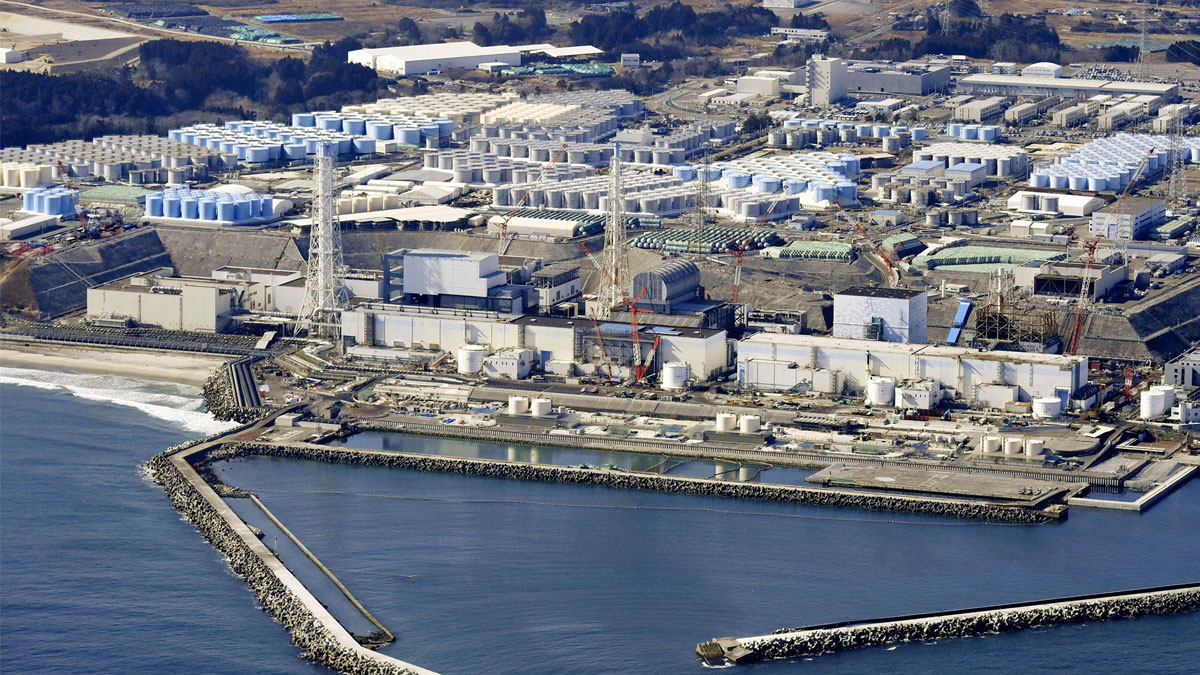
The Pacific Network on Globalisation says civil society groups have been calling for Japan to stop the dumping of the treated nuclear wastewater in the Pacific Ocean, but Mark Brown who is also the chair of the Pacific Islands Forum and represents a country associated by name with the Rarotonga Treaty, has backtracked on both the efforts of Pacific Islands Forum Secretariat and his own previous calls against it.
Pacific civil society organisations continue to condemn Japan's dumping of nuclear-treated wastewater.
Of its planned 1.3 million tonnes of nuclear-treated wastewater, the Tokyo Electric Power Company (TEPCO) has conducted seven sets of dumping into the Pacific Ocean and is due to commence the eighth from today to the 25th of August.
PANG says regardless of the recommendations provided by the Pacific Island Forum’s special panel of experts and civil society calls to stop Japan and for Forum Leaders to suspend Japan’s dialogue partner status, the Forum Chair Mark Brown has ignored concerns by stating his support for Japan's nuclear wastewater dumping plans.
This decision is being viewed by the international community as a contradiction of the Treaty of Rarotonga that symbolises a genuine collaborative endeavour from the Pacific region, born out of ten years of dedication from Fiji, New Zealand, Australia, the Cook Islands, and various other nations, all working together to establish a nuclear-free zone in the South Pacific.
PANG says Brown stated during the recent 10th Pacific Alliance Leaders Meeting (PALM10) meeting in Tokyo that Pacific Island Leaders stress the importance of transparency and scientific evidence to ensure that Japan’s actions do not harm the environment or public health. But, he also defended Japan saying that the wastewater, treated using the Advanced Liquid Processing System (ALPS) to remove most radioactive materials except tritium, meets the standard set by the International Atomic Energy Agency (IAEA).
PANG says the Cook Islands has consistently benefitted from Japanese development grants, in 2021, Japan funded through the Asian Development Bank $2 million grant from the Japan Fund for Poverty Reduction, financed by the Government of Japan.
They say together with $500,000 of in-kind contribution from the Government of the Cook Islands, the grant funded the Supporting Safe Recovery of Travel and Tourism Project.
PANG adds just this year Japan provided grants for the Puaikura Volunteer Fire Brigade Association totaling US$132,680 and a further US$53,925 for Aitutaki’s Vaitau School.
PANG says in 2023, Brown said it placed a special obligation on Pacific Island States because of ’the long-term consequences for Pacific peoples’ health, environment and human rights.
He said Pacific states have a legal obligation ‘to prevent the dumping of radioactive wastes and other radioactive matter by anyone’ and ‘to not… assist or encourage the dumping by anyone of radioactive wastes and other radioactive matter at sea anywhere within the South Pacific Nuclear Free Zone.
PANG says Brown said their people do not have anything to gain from Japan’s plan but have much at risk for generations to come.
The Pacific Islands Forum went on further to state then that the issue was an “issue of significant transboundary and intergenerational harm”.
The Rarotonga Treaty, a Cold War-era agreement, prohibits nuclear weapons testing and deployment in the region, but it does not specifically address the discharge of treated nuclear wastewater.
Stay tuned for the latest news on our radio stations

